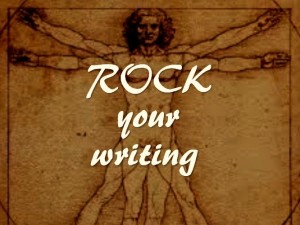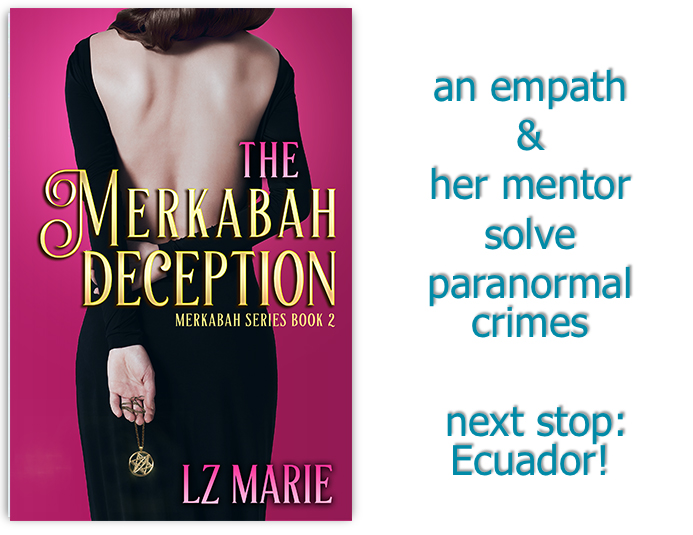 There’s a great book titled How to Think Like Leonardo da Vinci: Seven Steps to Genius Every Day, by Michael J. Gelb, that I pulled down from my bookshelf the other day. ( I must have been feeling genius-deprived and needed some da Vinci wisdom.) Flipping through the book with an author’s eye offered a new perspective.
There’s a great book titled How to Think Like Leonardo da Vinci: Seven Steps to Genius Every Day, by Michael J. Gelb, that I pulled down from my bookshelf the other day. ( I must have been feeling genius-deprived and needed some da Vinci wisdom.) Flipping through the book with an author’s eye offered a new perspective.
Below are the 7 principles and how I think they can apply to a writer.
Curiosita— A writer should gobble up books, read articles, attend lectures, go on tours, and engage in other learning. All that knowledge helps create in-depth characters, interesting plots, and insightful struggles.
Dimostrazione: Test your knowledge, ask more questions, discern for yourself its validity. Experience what you can and learn from mistakes. (And one must make mistakes or there is no true learning). Writers can be a prickly breed—prone to either delusional (“I’m amazing”) or self-defeatism (“Everybody writes better than I do!”). Quick story: An aspiring writer student once told me she never rewrote short sentences because they were too short to have anything wrong with them. My subsequent explanation about diction and syntax went right over her delusional head. Writers unwilling or too stubborn to learn from their mistakes have a tough road ahead.
Sensazione: Explore the senses—sight, sound, taste, touch, smell—used in your writing. A writer can only do this if they themselves stop to smell the proverbial roses; or listen to the inflection and tone of someone’s voice; or inhale an aroma or sniff something offensive; or see the shapes and symmetry around them or feel the texture of their surroundings. Appreciate both the aesthetic and horrific. Only then can we write about it with any beauty and authenticity.
Sfumato: Embrace and relish the mystery that comes from the esoteric, the mysterious, the arcane, the cryptic. Enjoy the uncertainty and ambiguity–it frees your mind. The world is full of conflicting dogmas and theories and principles and morals. And conflict is good—you need lots of conflict in a novel.
Arte/Sciencza: Think with both the right (creative) and left (logical) side of the brain. Be whole-brained! Use the whole brain approach when determining which is the best way for you to develop a plot or character. When the two work in concert you can reach your full creative (right) writing (left) potential.
Corporalita: Attitude and emotions affect your body. Take good physical and mental care of yourself. Exercise brings blood flow to your brain, which stimulates thinking. If I’m having a difficult time with a sentence I get up and walk around—it always works. During state testing time, I put my students through a silly set of classroom exercises. Get blood to your brain—no small task for writers who spend lots of time in front of a computer!
Connessione: Recognize the interconnectedness—the synchronicity that makes up our world. Understand how small changes make big impacts, how life is a gyre, how the world and universe move in tandem with one another and are interdependent. Finding and appreciating connections is important! From connecting with someone on social media to devising compelling plots, use the phenomena of systems thinking to grow and explore your world ( or novel world).
Related Links: Rock Your Writing; Symbolism & more symbols;














